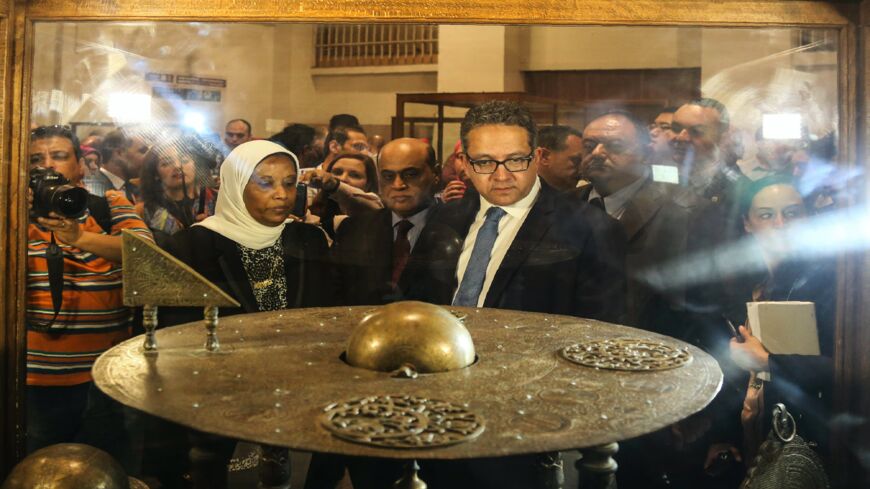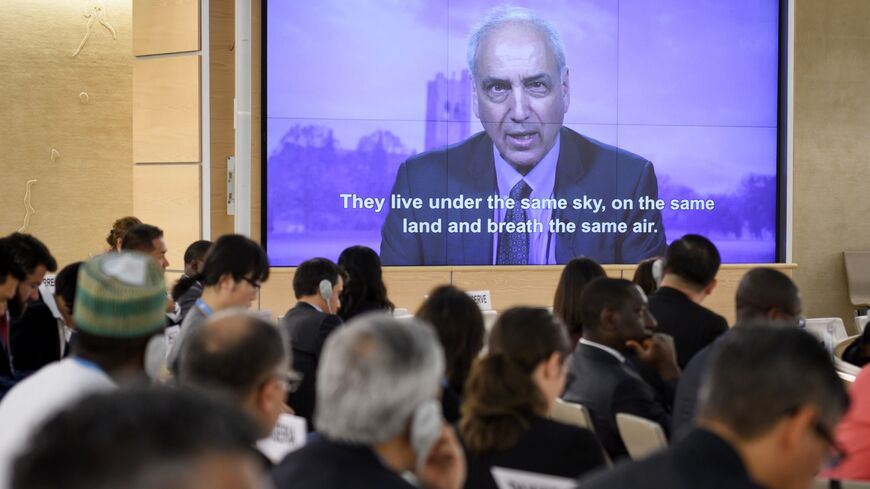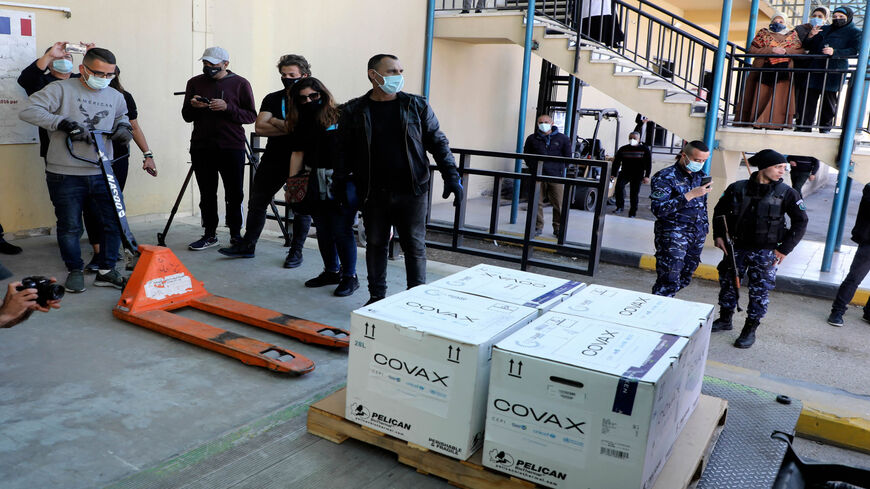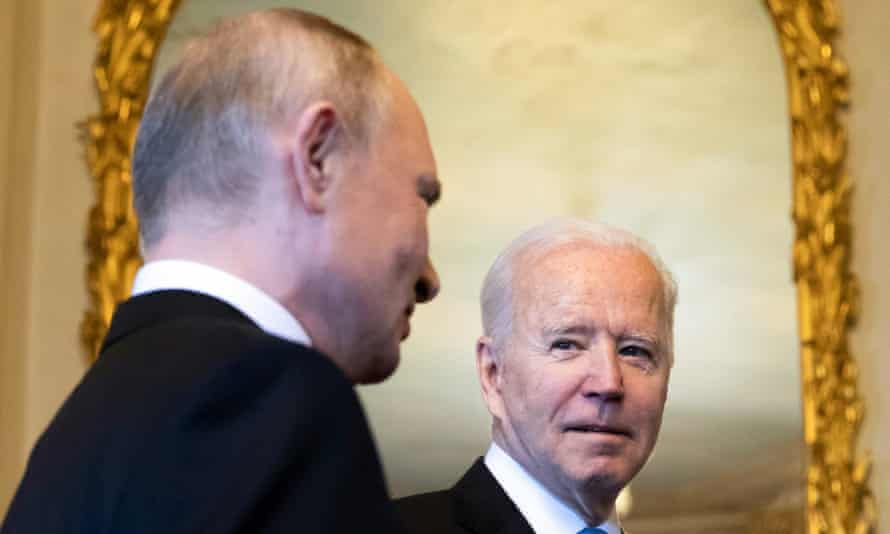THE RETURN OF THE T* PARTY
Police officers had to intervene during a Sunday afternoon town hall hosted by Rep. Katie Porter (D-Calif.), after a fight broke out between her backers and supporters of former President Donald Trump.
The town hall was held at Mike Ward Community Park in Irvine, and was Porter's first in-person town hall in over a year. Porter has three children, and said she made sure this was a family-friendly event because she knows how hard it can be to get child care. At the start of the town hall, Porter thanked everyone for "coming out to express your opinion," and said because there was a lot of wind, "I'm going to ask that everyone, regardless of your views, try to keep your voices down and be quiet so we can have a conversation."
As she spoke, a handful of Trump supporters began loudly interrupting her, the Los Angeles Times reports, shouting and calling her "Corrupt Katie Porter" and "Carpetbagger Katie." In response, there were chants of "Katie! Katie! Katie!" When several of the Porter supporters walked over to the protesters and confronted them, it sparked a fight, and punches were thrown, the Times reports. Porter ran over and put her arms around an elderly woman who was close to the scuffle, and officers from the Irvine Police Department quickly separated both sides. One Porter supporter was arrested and released on citation, Sgt. Karie Davies told the Times.
In a statement, Porter said that everyone was welcome to ask her questions, and it is "disappointing that a small but vocal group of attendees, who advertised a 'confrontation rally,' created unsafe conditions at a planned family-friendly event. While I absolutely respect their right to disagree, their disturbance disrespected all the families who attended and were ready to engage in a thoughtful, civil, and safe way." Porter's team is "evaluating next steps," she added, but her "promise to Orange County families is that I will continue to hold town halls and to be in conversation with them."
On Thursday, a man named Nick Taurus, who said he will run against Porter in 2022, posted on Instagram that people should go to the town hall with him to "CONFRONT KATIE PORTER!" the Times reports. Porter is the first Democrat to represent her district, and Taurus claimed she is "a far-left ideologue supported by Bay Area academics" whose policies are "awful...and we intend to voice our displeasure." The Times said Taurus was involved in the melee; he turned down the newspaper's request for comment.
*TRUMP











